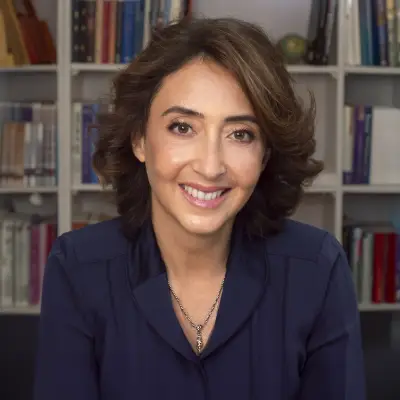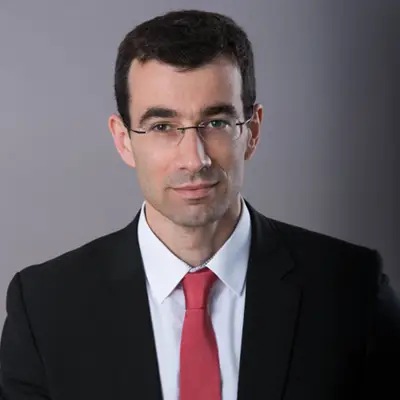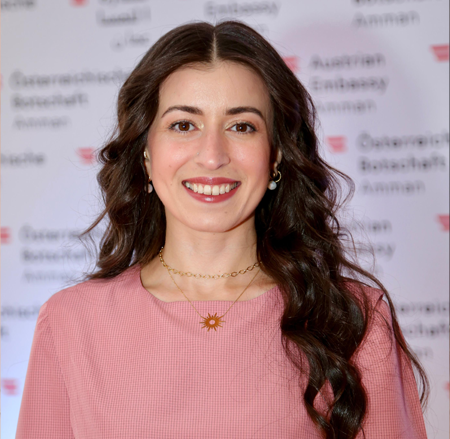One would never have expected, when the EU Film Festival began 36 years ago, that what would make it so unique in 2024, would be that it is taking place while at the same time a devastating war, characterized by experts as genocidal, is unfolding on our doorstep in neighbouring Palestine.
The regional context matters because it is what has led the EUFF in this edition to try to shed light on Palestine, whose civilian population has been under attack for almost a year now. Indeed, this focus on Palestine remains essential to any cultural or cinematic event at this time, if we want to make sure it remains relevant to our audience.
As every year, the lineup of the EUFF includes of course a variety of films from different countries of the European Union – enabling the audience to understand, through these stories of longing and coming of age, of social change or immigration, how the Other lives, and sees the world, across the Mediterranean; to feel, through the emotions of the characters portrayed, what moves our fellow human beings who live in Europe. The power of cinema has always been there: a force for mutual understanding, and for empathy, even.
Which is why it is all the more interesting to see that, this year, the Irish documentary “Gaza” listed at the Film Festival, depicts life in that part of Palestine before death took over, with the systematic and ongoing destruction and killings of civilians that took over last year. Yet it remains very pertinent in today’s context, portraying people who are not just interested in survival but in actually celebrating life.
Indeed, in 2020 when the film received an award at the Amman International Film Festival – Awal Film (AIFF), who would have suspected that four years later, an indescribable tragedy would unfold, live, on everyone’s mobile phone screens?
The same can be said for “Bye Bye Tiberias,” which opened the AIFF in Amman last July, only a few weeks before the West Bank was once again overrun by heinous violence. A great example of another European-Arab documentary that offers the audience an understanding of what it means to be born in an occupied land.
I am also delighted that the EUFF has selected four award-winning short Jordanian movies, which have received accolades in several festivals and certainly deserve further acclaim and recognition.
I very much look forward to the workshops and the panel that are organized around stories that remain so central to the lives of our audience here in the Jordanian capital.
And like most of the audience here in Jordan, I take comfort in knowing that through culture and art, there is a genuine desire in Europe to also understand and connect to the Other, on this side of the Mediterranean.
Rym Ali



